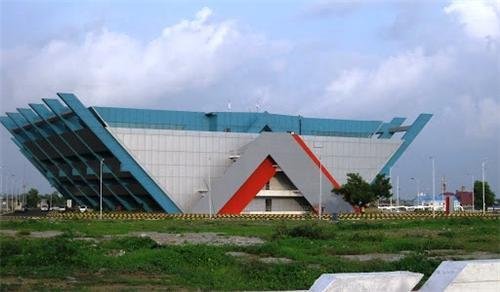The Maharashtra government has taken a decisive step to address the concerns of individuals affected by the Multi-modal International Cargo Hub and Airport at Nagpur (MIHAN) project. In a recent meeting held at Sahyadri Guest House, Chief Minister Eknath Shinde, alongside Deputy Chief Minister Devendra Fadnavis, directed the MIHAN administration to promptly resolve the ongoing issues impacting local communities.
Chief Minister Shinde emphasised the importance of implementing affordable development charges for plots within the MIHAN project area. He called for a revised administrative approval proposal for the necessary project funding to be prepared and presented at the upcoming cabinet meeting. This move is intended to streamline the financial aspects of the project and ensure that it does not place an undue burden on those affected. Additionally, the Chief Minister proposed that commercial complexes built in village panchayat areas within the MIHAN region be transferred to the respective panchayats. This step is designed to provide a stable income source for local governing bodies and enhance their financial independence.
Shinde also advocated for the reduction of water bills levied on village panchayats during the ongoing rehabilitation process, recognising the need to ease the financial strain on these communities. The MIHAN project, one of Nagpur’s most ambitious infrastructure undertakings, spans an area of 4,300 hectares. The project includes the expansion of the current Nagpur International Airport, and approximately 1,200 hectares have been designated for a Special Economic Zone (SEZ). The remaining land is earmarked for non-SEZ purposes, such as open spaces, residential developments, and retail outlets.
The state government’s renewed focus on the MIHAN project underlines its commitment to balancing development goals with the welfare of affected communities. By addressing concerns over development charges, administrative approvals, and resource allocation, the government aims to foster an environment where economic progress does not come at the cost of local well-being. These measures are expected to provide much-needed relief to those impacted by the MIHAN project, promoting equitable growth and fostering goodwill between the state administration and its citizens. The state’s leadership remains keen to ensure that the project achieves its objectives while mitigating any adverse impacts on the people it affects.


